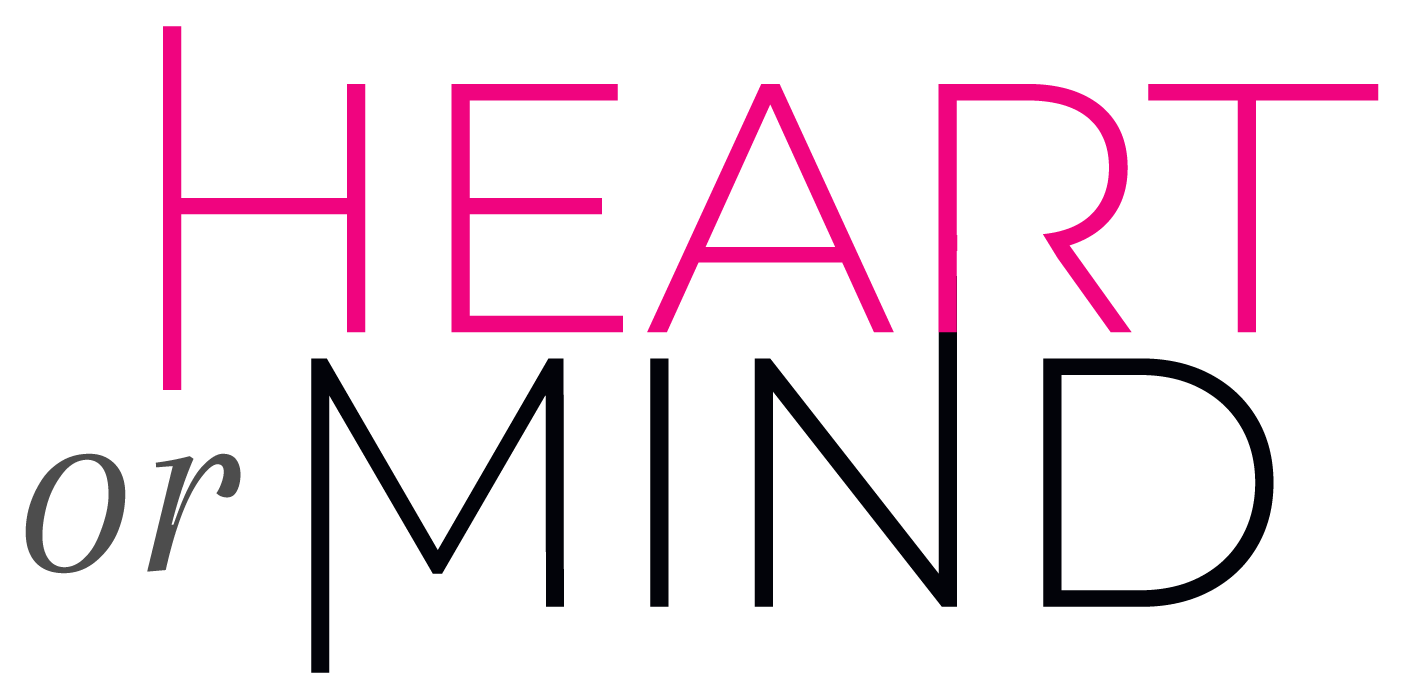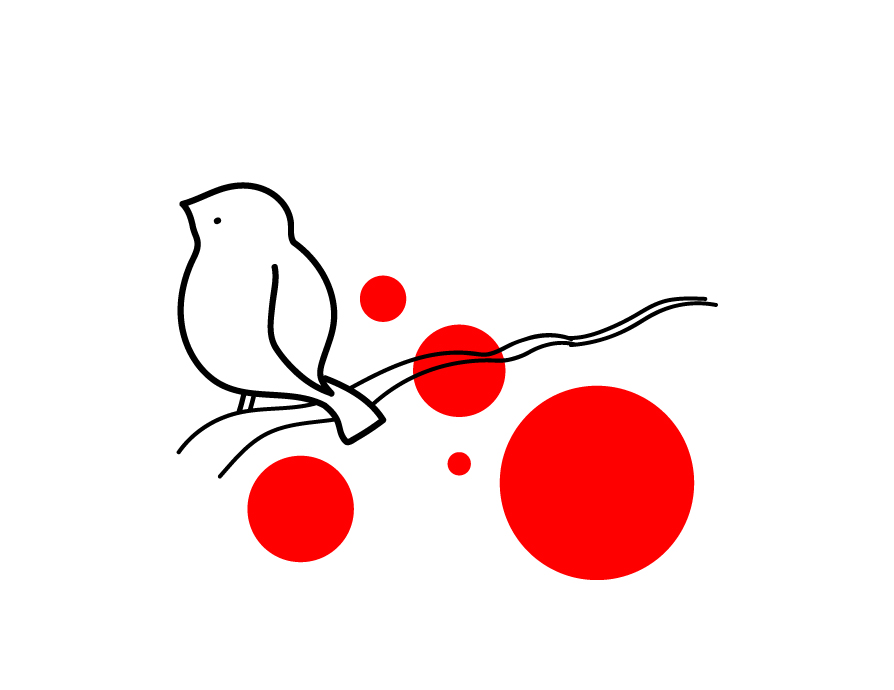Appreciation and recognition.
Significance and implications.
Recognition and appreciation. We often use these words interchangeably, and think of them in the same way. But are they really the same? No, there is a huge difference between them. If you, as a Leader, want your team to thrive and you want your organization to create culture of engagement, loyalty and high performance, it is important you understand the difference. It elevates across the whole organization.
Recognition is about giving positive feedback based on somebody’s` results or performance. It can happen in a very formal way: an award, a bonus or promotion. Sometimes recognition is given more informally: a verbal thank you or a handwritten note. All of these methods can be meaningful, especially if they are done prompt, in a timely and authentic way. They also motivate and excite — everyone wants their good work to be applauded. Do you?
Statistics from all over the world show that #1 reason most people leave their jobs is a lack of recognition what confirms how important it is. For all of us. However, there are always some limits to recognition. First, it is performance-based, so it is conditional. Second, it is based on the past, so it is about what people have already done. Third, it is rare. There’s a limited amount of recognition to go around — everyone cannot get a bonus or be mentioned by name in an email. It can be stressful and challenging when you play as a Team and you should mention almost everyone to thank. Fourth is, that generally, it has to come from the top management.
And while recognition includes bonus compensation can be great, however, it can also backfire when it comes to motivating employees. It may reduce an employee’s natural inclination to complete a task and derive pleasure from doing so. I am thinking about it every single time while I am recognizing. Can you “pay” for an extra effort each and every time? Most probably not.
Appreciation, on the other hand, is about acknowledging a person’s inherent value. The point is not their accomplishments. It’s their worth as a colleague and a human being.
In simple terms, recognition is about what people do; appreciation is about who they are.
Understanding this difference matters because recognition and appreciation are given for different reasons. Even when people succeed, there for sure will be failures and challenges along the way. If you focus solely on praising positive outcomes, on recognition, you miss out on lots of opportunities to support your team members — to appreciate them.
Is it difficult? Not at all. Just remember to:
• listen… One of the best things you can do for the people you work with is also one of the simplest: Put down your phone, turn away from your computer and genuinely listen to them.
• tell people what you value about them and be authentic… Doing this proactively — not because someone did something great or because you want something from them — is an incredibly powerful gift. It can positively affect how your colleagues feel about themselves, your relationship with them and the culture of the team.
• Connect.. Check in with the people you work with. Asking how they are doing and offering your support can show them that you care. Sharing is caring.
In my opinion, everyone can benefit from understanding this difference. In both business and in private life. Recognition is appropriate and necessary when it is earned and deserved. Appreciation, however, is important all the time.
Do I recognize and appreciate? Yes, I do. I try to do it always. Even if there is no fact base reason to recognize I appreciate effort, engagement, playing as a team approach. There is always “something” worth to be noticed.
But – there is one “but”.
People grow while being appreciated and recognized. They may have higher and higher expectations according the renumeration, responsibility, personal development. It can happen that, one day, you and organization will not be able to meet their expectations. What then? Be proud of them and … let them go.
After all, you never know when and where you can meet each other again.
“People don’t care how much you know until they know how much you care”

